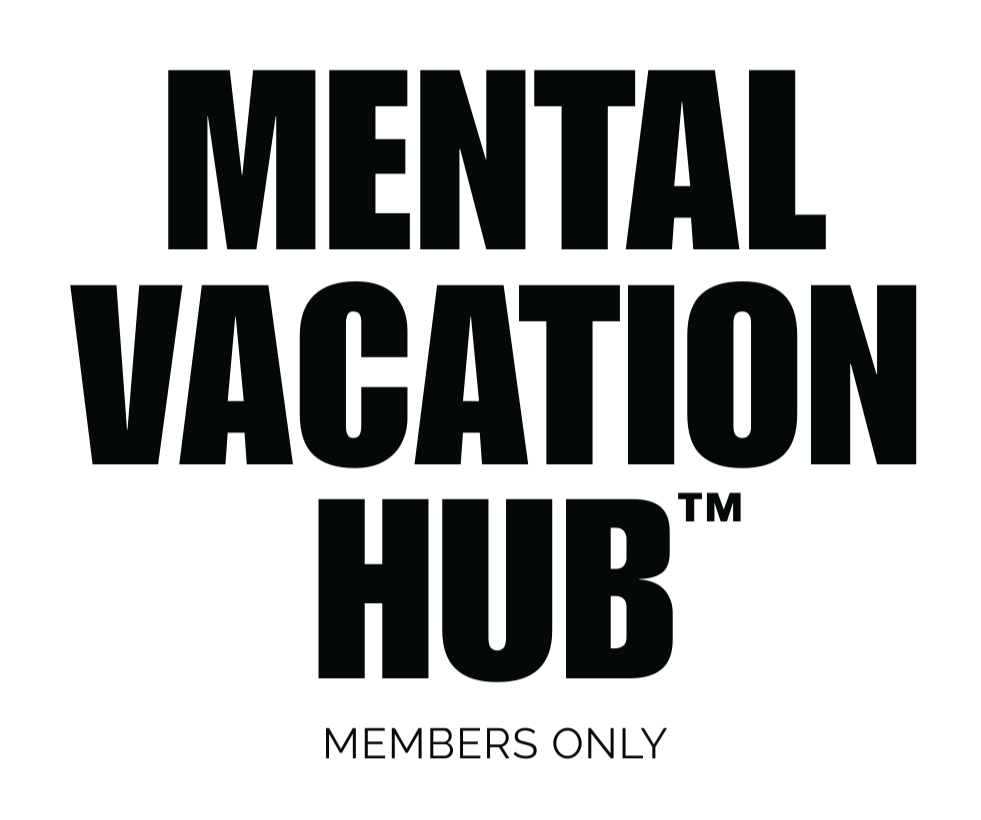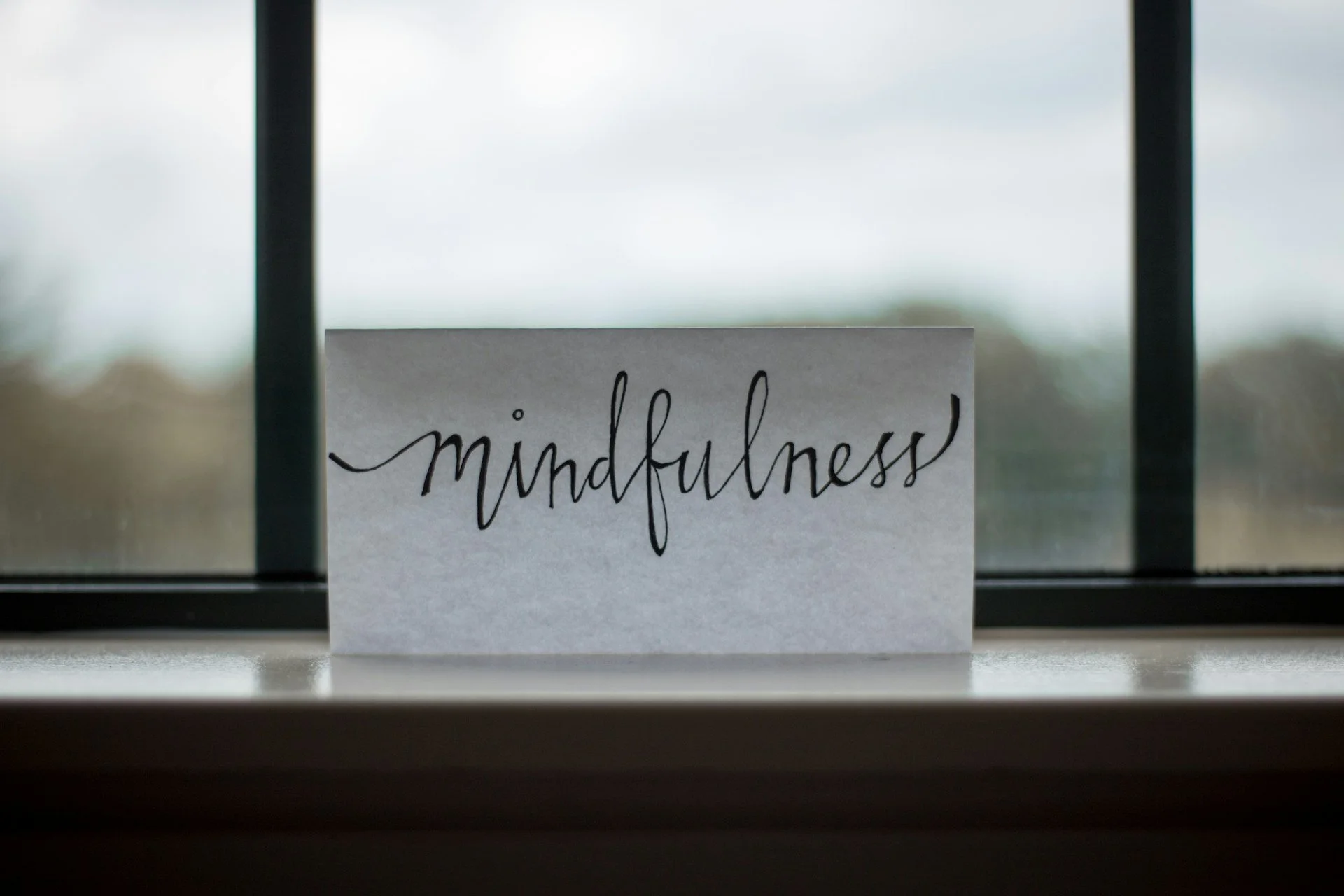Sleep and Executive Performance: Why Your Sleep Matters
Sleep isn't optional or indulgent. It's essential.
Most executives sacrifice sleep to gain more working hours. You believe that sleeping less creates a competitive advantage, that sleep is wasted time that could be spent working, networking, or achieving goals. You wear sleep deprivation as a badge of honor.
This belief is dangerous and counterproductive.
Sleep deprivation destroys the cognitive and emotional capacities that enable executive performance: decision-making, strategic thinking, creativity, emotional regulation, and leadership presence.
The hours you gain by sleeping less are lost to reduced quality, poor decisions, and increased errors.
How sleep deprivation destroys executive performance
Chronic sleep loss erodes every mental and emotional capacity required for effective leadership.
Research shows that getting fewer than six hours of rest per night lowers decision-making ability to the level of legal intoxication. When running on exhaustion, you take unnecessary risks, overlook critical details, and fail to foresee consequences.
In executive roles, these lapses can cost millions, damage reputations, and undermine entire organizations.
Adequate rest activates the brain’s default mode network - the system responsible for strategic thinking, insight, and problem-solving. Ongoing fatigue disrupts this network, leaving you reactive, tunnel-visioned, and unable to see the bigger picture. Pattern recognition and creative reasoning decline sharply.
Strategic thinking - the essence of leadership - becomes nearly impossible under sustained sleep debt.
Deep rest is when the brain integrates information, forges new connections, and forms insights. When that restorative process is cut short by insomnia, sleepless nights, or fragmented rest, creativity collapses. Sleep-starved leaders lose their innovative edge and default to outdated approaches.
In a competitive landscape, this dulls the organization’s ability to adapt and evolve.
Persistent fatigue also destabilizes emotional regulation.
You become irritable, defensive, and easily triggered. The calm authority that earns trust and inspires confidence disappears. Teams mirror their leader’s nervous system - and a chronically tired leader breeds anxious, reactive teams. Emotional steadiness and presence are pillars of leadership; chronic sleeplessness knocks both down.
Cognitive fatigue amplifies errors and weakens follow-through. You forget details, overlook priorities, and make preventable mistakes. In high-level leadership, those small slips translate into lost deals, strained partnerships, and strategic misfires.
Well-rested leaders catch problems early; overtired ones create new ones.
The Measurable ROI of Rest
Sleep delivers tangible returns on investment—financially, cognitively, and emotionally.
Executives who sleep well make sharper decisions, think further ahead, and avoid costly missteps. One well-rested decision can save or generate millions. The quality of thought that comes from proper rest compounds over time, creating enormous organizational value.
Consistent, high-quality rest also fuels creativity and innovation, and these are the engines of competitive advantage.
Leaders who are not operating under sleep debt see patterns faster, recognize new opportunities, and design solutions others miss. Exhausted leaders, in contrast, default to old patterns and reactive choices. Over time, this dulls innovation and erodes market position.
Sleep also restores emotional stability and leadership presence.
Well-rested leaders remain calm under pressure, respond thoughtfully, and inspire trust. Their steadiness cascades through the organization: teams feel safer, perform better, and engage more deeply. Because leadership energy multiplies, the ROI of rest extends to team morale, retention, and overall performance.
And then there is health.
Chronic fatigue increases the risk of cardiovascular disease, immune dysfunction, and mental health decline. Preventing these crises is far more cost-effective than treating them. Health is the infrastructure of performance. Protecting it is both a moral and strategic imperative.
Finally, adequate rest extends your career.
Many executives burn out in midlife due to years of accumulated exhaustion. But those who honor rest maintain clarity, composure, and vitality far longer.
The compound effect of sustained performance dramatically outweighs any short-term gains achieved by cutting sleep.
Why Leaders Still Sacrifice Sleep
If the evidence is so clear, why do so many leaders continue to trade rest for work?
Part of the answer lies in culture.
Corporate environments often glorify exhaustion. The leader who sends midnight emails is praised as tireless, while the one who leaves on time is questioned. This culture rewards burnout and punishes balance. It creates an illusion that rest is weakness, when in reality it is strength.
Another reason is the false belief that more hours mean more productivity. But science is unequivocal: after about 16 hours of wakefulness, mental performance drops sharply. The extra hours gained by cutting sleep are filled with slower thinking, poor focus, and avoidable errors.
Quantity replaces quality, and the result is mediocrity disguised as effort.
Many executives also struggle to switch off. Even when they step away from work, their minds continue to spin. Late-night planning sessions, mental to-do lists, and constant digital stimulation keep the nervous system in fight-or-flight mode. This inability to disconnect is not a sign of dedication. But it IS a symptom of dysregulation and early burnout.
Perhaps most insidious is adaptation to impairment. After years of partial rest, exhaustion begins to feel normal. Leaders forget what full alertness feels like.
Only after several weeks of consistent recovery do they realize how impaired they had been all along.
How to Protect Sleep as a Strategic Priority
Treat sleep as a non-negotiable leadership discipline, not a personal indulgence.
1. Schedule it.
Block seven to nine hours every night, and protect that time as fiercely as you would a board meeting. Scheduled rest happens. Unscheduled rest disappears.
2. Stay consistent.
Go to bed and wake up at the same time every day, including weekends. Consistency stabilizes your circadian rhythm, improves sleep quality, and sharpens daytime focus.
3. Create a transition ritual.
Spend 30 to 60 minutes before bed detaching from stimulation: dim lights, close screens, stretch, read, or breathe. This signals to your body that it is safe to rest. For leaders who cannot mentally shut down, this transition is essential.
4. Optimize your environment.
A dark, cool, and quiet bedroom enhances recovery. Use blackout curtains, white noise, or temperature control as needed. Remove phones and laptops entirely. Environmental tweaks often produce immediate results.
5. Seek professional help when necessary.
If you struggle with chronic insomnia, restless legs, or sleep apnea, see a specialist. These issues rarely resolve on their own, and treatment can transform both energy and clarity within weeks.
6. Model rest for your team.
Tell your organization that rest is part of your strategy. Normalize it. Praise balanced behavior, not burnout. When leaders model recovery, culture shifts - and performance follows.
FAQ
How much rest do executives actually need?
Most adults function best with seven to nine hours of sleep. During burnout recovery, that number may rise to eight or ten. Let your body lead; it knows what it needs.
Can I catch up on weekends?
Partially, but not completely. Weekend recovery helps, but inconsistent sleep patterns disrupt circadian rhythm. The key is regularity, not compensation.
What if I can’t fall asleep even when I try?
This usually signals stress overload or nervous system imbalance. Reduce evening screen time, practice deep breathing, and create calm routines. If sleeplessness persists, seek professional help—chronic insomnia requires treatment.
Does sleep just reduce tiredness, or does it improve performance?
It improves performance in measurable ways. Rest enhances strategic thinking, decision quality, creativity, memory, and emotional regulation. The difference between tired and truly rested leadership is profound.
How long does recovery from chronic fatigue take?
Some improvements appear within days, but full restoration can take weeks or months. The longer the deprivation, the longer the recovery. Stay consistent and patient.
The Bottom Line
Sleep is not a luxury. It is the hidden engine of executive performance.
Exhaustion erodes clarity, creativity, and composure—the very traits that define effective leadership. The hours gained by sleeping less are lost many times over through poor decisions, rework, and health decline.
Rest is your highest-return investment. It improves decision-making, strengthens emotional stability, sparks innovation, and safeguards health.
You cannot recover from burnout or sustain excellence without it.
Sleep is not the reward for productivity.
It is the source of it.
Ready to recover? Get Your Burnout SOS Handbook:

Burnout SOS Handbook: Practical steps to understand, survive, and recover from your burnout. Easy to follow - just right for a brain-fogged head. Start your healing today!
Take the Burnout Test
Our 5-minute Burnout Test cuts through the confusion and gives you a personalized snapshot of where you stand and what comes next.
Start the test →




